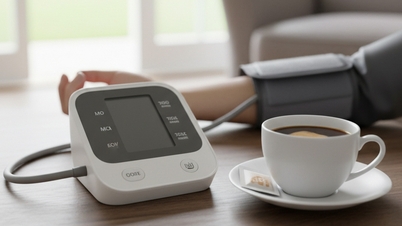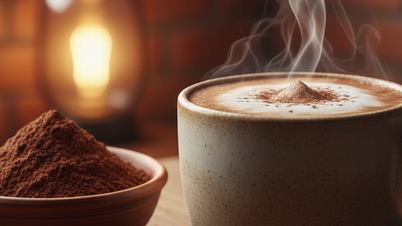 |
| Artificial sweeteners are commonly used in low-calorie foods and beverages. (Source: That Sugar Movement) |
Accordingly, scientists tracked 12,772 civil servants in Brazil, with an average age of 52, for an average of eight years. Participants completed detailed questionnaires about their food and beverage consumption in the previous year, and then underwent tests of cognitive skills such as word recall and fluency.
The results showed that those who consumed more sweeteners like aspartame and saccharin experienced cognitive decline 62% faster than the group who consumed the least, equivalent to "aging an extra 1.6 years." This trend was particularly prominent in the group under 60, raising concerns about potential brain health risks in middle-aged individuals.
The authors assert that daily consumption of LNCs is associated with a rapid decline in memory, speech fluency, and cognition, with substances such as aspartame, saccharin, acesulfame K, erythritol, sorbitol, and xylitol being linked to cognitive decline. Furthermore, the study reiterates warnings from numerous previous studies that artificial sweeteners may increase the risk of type two diabetes, cancer, heart disease, depression, dementia, and damage to the intestinal lining.
Lead author Claudia Kimie Suemoto (University of São Paulo, Brazil) emphasized: “Low-calorie and zero-calorie sweeteners are often considered healthy alternatives to sugar. However, our findings suggest that certain sweeteners may negatively impact brain health over time.”
However, organizations and businesses in the food and beverage industry have expressed skepticism about these findings. Gavin Partington, Director General of the British Beverage Association, stated that the study has not proven a causal relationship: “According to all the leading health authorities in the world, sugar-free sweeteners are safe, and that is why they have been used in many foods, medicines, dental products, and beverages for decades.”
He cited the use of sweeteners as evidence that manufacturers in the UK have removed nearly 750 million kg of sugar from their products since 2015. According to the International Sweetener Association (ISA), there is “scientific consensus” that sweeteners are safe. In its statement, the ISA emphasized: “This study is only an observational study, which may show a statistical association but does not prove a direct causal relationship.”
Although the scientific debate continues, this finding adds another warning about the potential impact of consuming artificial sweeteners, and highlights the need for consumers to be mindful and cautious in their daily food and beverage choices to protect their long-term brain and physical health.
Source: https://baoquocte.vn/nguy-co-tu-chat-tao-ngot-nhan-tao-voi-nao-bo-327436.html














































































































Comment (0)